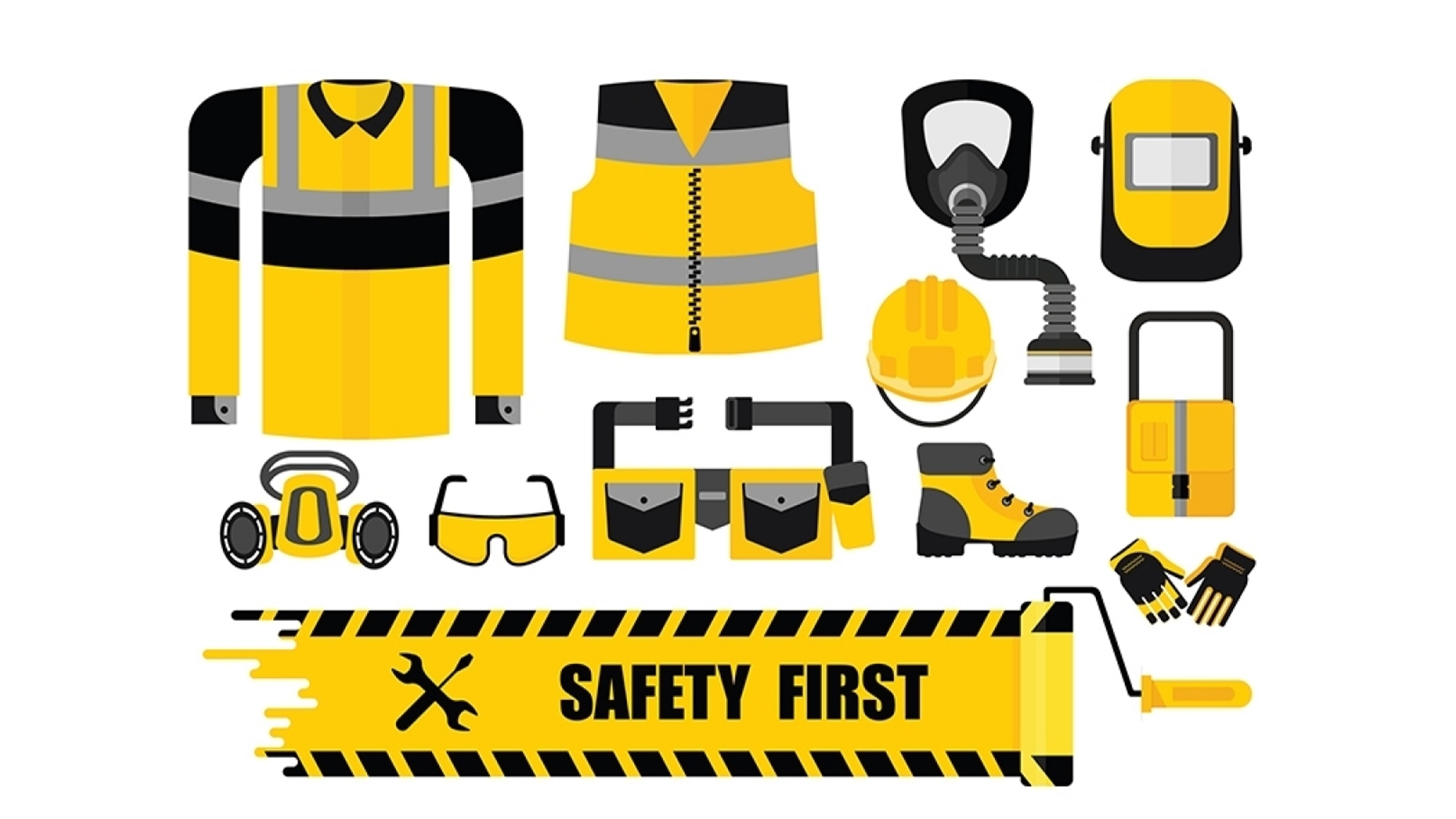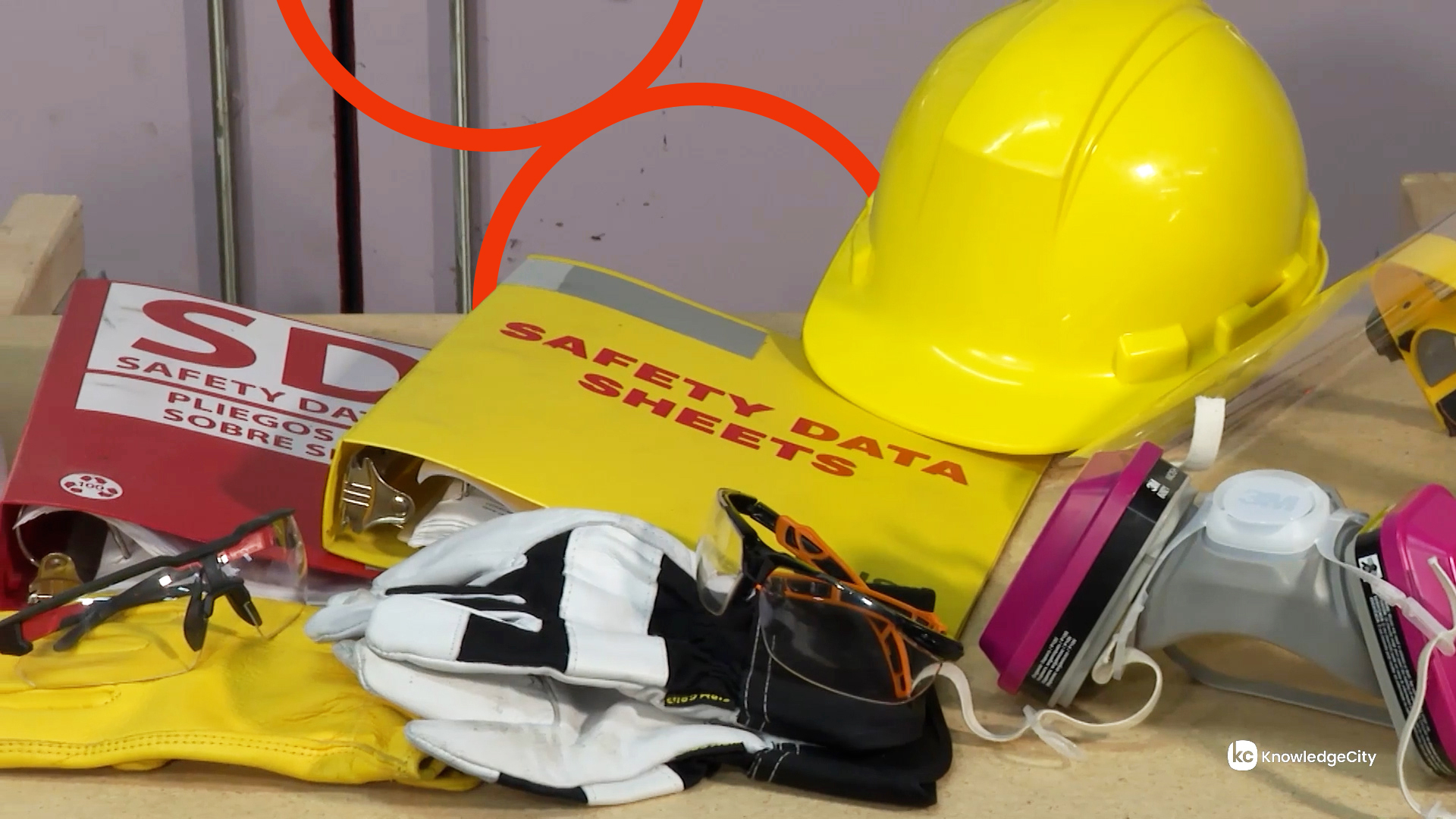38 Trainings

Shared Services Sector Technical Competencies
Supply Chain Procurement Basics
What is procurement’s place in corporate strategy? How does it help when it comes to acquiring goods and services?

Shared Services Sector Technical Competencies
Project Contracts and Cost Management
Proper and accurate pricing and estimating is an essential part of project planning. Without an accurate idea of your project’s expenses, you cannot know if your project will stay within budget. In this course, you’ll gain an understanding of the pitfalls in estimating and the potential risks you may face when pricing a project. You’ll learn how to handle procurement, hone your contract negotiations skills, and review the various types of contracts and their associated risks.

Shared Services Sector Technical Competencies
Equipment for Surface Facilities
For the transportation of crude oil or gas, a series of requirements that maintain safety must be met. The combustion of oil derivatives forms waste such as particles, carbon dioxide, sulfur oxides, and nitrous oxides. The oil industry must comply with strict rules and procedures to ensure the protection of the environment. Learn essential information about equipment for surface facilities in this course.

Shared Services Sector Technical Competencies
Leadership Skills and Shaping Company Culture
Leadership doesn't happen in a vacuum, nor is it confined to just management or decision-making. This course will go beyond typical leadership skills instruction to show you how to develop your own unique leadership strategy, make yourself a more effective leader, and have a greater impact on your team and workplace. This course will help you identify ways to bring your most authentic self to work. It will also give you guidance on hiring wisely and cultivating an internal talent pipeline.

Shared Services Sector Technical Competencies
Ladder Safety for Industrial Environments
Ladders are one of the most commonly used pieces of equipment in almost any work environment. From common stepladders to sophisticated extension ladders, they can be found almost everywhere. This course will show that because they are so common, many employees take ladders for granted, and do not take the appropriate precautions when using ladders.

Shared Services Sector Technical Competencies
Analysis in Financial Management
If you broaden your perspective, every major product or service can be thought of as a project for a manager to assess. Project risk analysis helps project managers identify the weaknesses, strengths, opportunities, and threats throughout the project. This course covers the most common project risks managers might encounter. Managers will also want to evaluate their returns, and you will learn four ways to analyze returns, as well as the fundamentals of portfolio analysis.

Shared Services Sector Technical Competencies
Electrical Safety in the Laboratory
Today, laboratories rely on a vast array of electrically powered equipment. To work safely with this equipment, employees need to understand how electricity works, be aware of common electrical hazards and know how to use electricity safely. This course emphasizes the need for safety when using electricity, and discusses how to reduce the potential for accidents involving electrical shock, fire and explosions.

Shared Services Sector Technical Competencies
Uses of Inventory Management
Inventory-management concepts do not operate in a vacuum. Companies must use them to improve their tracking of inventory assets. These lessons describe the flow of inventory through the supply chain and what cycle inventory is in relation to the supply chain.

Shared Services Sector Technical Competencies
Evaluating Employee Performance
In this course, you’ll learn about the criteria required for employee performance reviews and the value of writing these reviews. This course will also look at setting goals for managers and employees and explain how to evaluate employee performance by gathering data.

Shared Services Sector Technical Competencies
Ladder Safety
Ladders are one of the most commonly used pieces of equipment in almost any work environment. From common stepladders to sophisticated extension ladders, they can be found almost everywhere. In this course you will learn not to take ladders for granted and how to take appropriate precautions when using them.

Shared Services Sector Technical Competencies
Computer Workstation Safety
Today much of the work we do involves computers, whether it is in the warehouse or in the accounting department. And just like any other type of equipment, we need to know what potential problems may be involved in working with computers as well as how to use computers safely. In this course we will review the safe use of computers, and offer practical solutions to many potential problems.

Shared Services Sector Technical Competencies
Working with Financial Models
In Working with Financial Models, we dive into the world of financial modeling and risk analysis. You’ll gain a comprehensive understanding of how to construct, utilize, and interpret various financial models used in corporate finance and investment decisions. You’ll learn how to develop financial models using the principles of finance and understand the role of financial models in business by learning who uses them and how.

Shared Services Sector Technical Competencies
Tool Safety for Industrial Environments
Most people have injured themselves with a tool at least once in their lives. In fact, learning to use some tools seems to "require" a little pain. Unfortunately, tool accidents result in thousands of serious injuries and hundreds of deaths each year, most of which could have been avoided by simply handling tools safely. To avoid these types of accidents, employees need to know how to handle their tools safely. But this can be a difficult task since every tool has its own unique set of hazards. This course will show how accidents can be significantly reduced by applying good general safety rules, and reviews what hazards are associated with the specific types of tools we use.

Shared Services Sector Technical Competencies
Approaches to Budgeting
In this course on Approaches to Budgeting, we look at two different approaches to budgeting, top down—a budget created by upper management—and bottom up—a budget created as a collaborative effort. We also look at the differences between static and flexible budgets, use cases for each, and how best to implement them within your organization.

Shared Services Sector Technical Competencies
Hand and Power Tool Safety
Hand and power tools make doing our jobs easier. But they also present many hazards. This course is designed to show you how to keep yourself and others safe when using tools. You will learn techniques to prevent these hazards as well as to properly maintain tools.

Shared Services Sector Technical Competencies
The Budgeting Process
In this course on The Budgeting Process, you will discover the specific actions, steps, and decisions that affect the generation of revenue in your business. You will learn about the budget cycle, budget components, revenue, and expenses related to a specific accounting period. You’ll be able to define the key terms and concepts that form the building blocks of your budget, and know how to choose the right budgeting software for your company.

Shared Services Sector Technical Competencies
Individual Performance Measurement and Management
In these lessons on Individual Performance Measurement and Management, you’ll discover how to evaluate individual performance using key performance indicators, implement an individual performance measurement system, connect measurements to your management strategy, and how to capitalize on the results to improve the performance of individuals.

Shared Services Sector Technical Competencies
Safety Housekeeping and Accident Prevention
In this course, we’ll discuss ways to develop a good safety attitude and maintain a safe work environment. We’ll go over the importance of using tools and equipment safely, and we’ll consider the value of personal protective equipment in the workplace. Hazardous materials will also be addressed so that you can learn how to handle and store them safely and responsibly.

Shared Services Sector Technical Competencies
Types of Agile Contracts
There are multiple ways to establish a successful agile contract between parties. This course identifies the three main types of agile contracts: capped time and materials, target cost, and incremental delivery. We will also explore each of their attributes and explain how to choose the right one for your project.

Shared Services Sector Technical Competencies
Inventory Management Techniques
In these lessons, we’ll discuss some advantages and disadvantages of just in time (JIT), as well as how the ABC analysis and cycle counting methodologies provide a method to track the inventory based on a prioritization scheme.